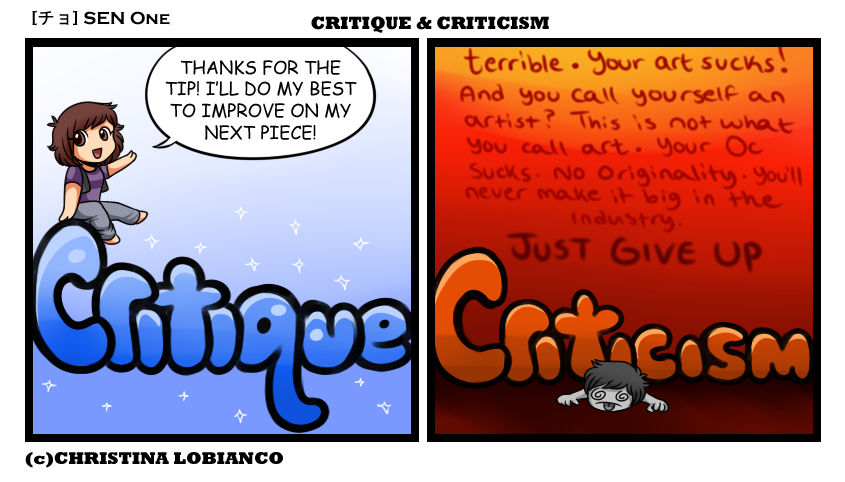If you want to be a Strong Leader, then the fastest way to get there is by learning from other Strong Leaders themselves.
Both Elon Musk and Jeff Bezos agree that this ONE PRACTICE will help you to be a Stronger Leader, and it is...
(drum roll please!)
Be open to criticism.
Strong leaders aren’t afraid of being criticized, in fact, they welcome it!
They understand that it’s a great way to learn, to grow, and to get a pulse on what’s working
and what’s not. That said, strong leaders will listen with an open mind, but will not let critics define them.
For example:
Jeff Bezos tweeted a photo of an old magazine cover that predicted Amazon's demise.
Along with that photo, this was his response:
"Listen and be open, but don't let anybody tell you who you are. This was just one of the many
stories telling us all the ways we were going to fail. Today, Amazon is one of the world's most
successful companies and has revolutionized two entirely different industries."
Strong leaders also understand that there is significant difference between being generally criticized and being critiqued in a well-thought-out fashion.

Here's another example:
Here is what Elon Musk said in an interview:
"Constantly seek criticism. A well-thought-out critique of whatever you're doing is as valuable as
gold and you should seek that from everyone you can but particularly your friends.... Basically, you should take the approach that you're wrong. That you, the entrepreneur, are wrong. Your goal is to be less wrong."

Being open to ALL criticism is essential because until we hear the criticism, we won’t know whether there is a valuable, well-thought-out critique in there.
Let’s clear the air on the difference between criticism and critique.

